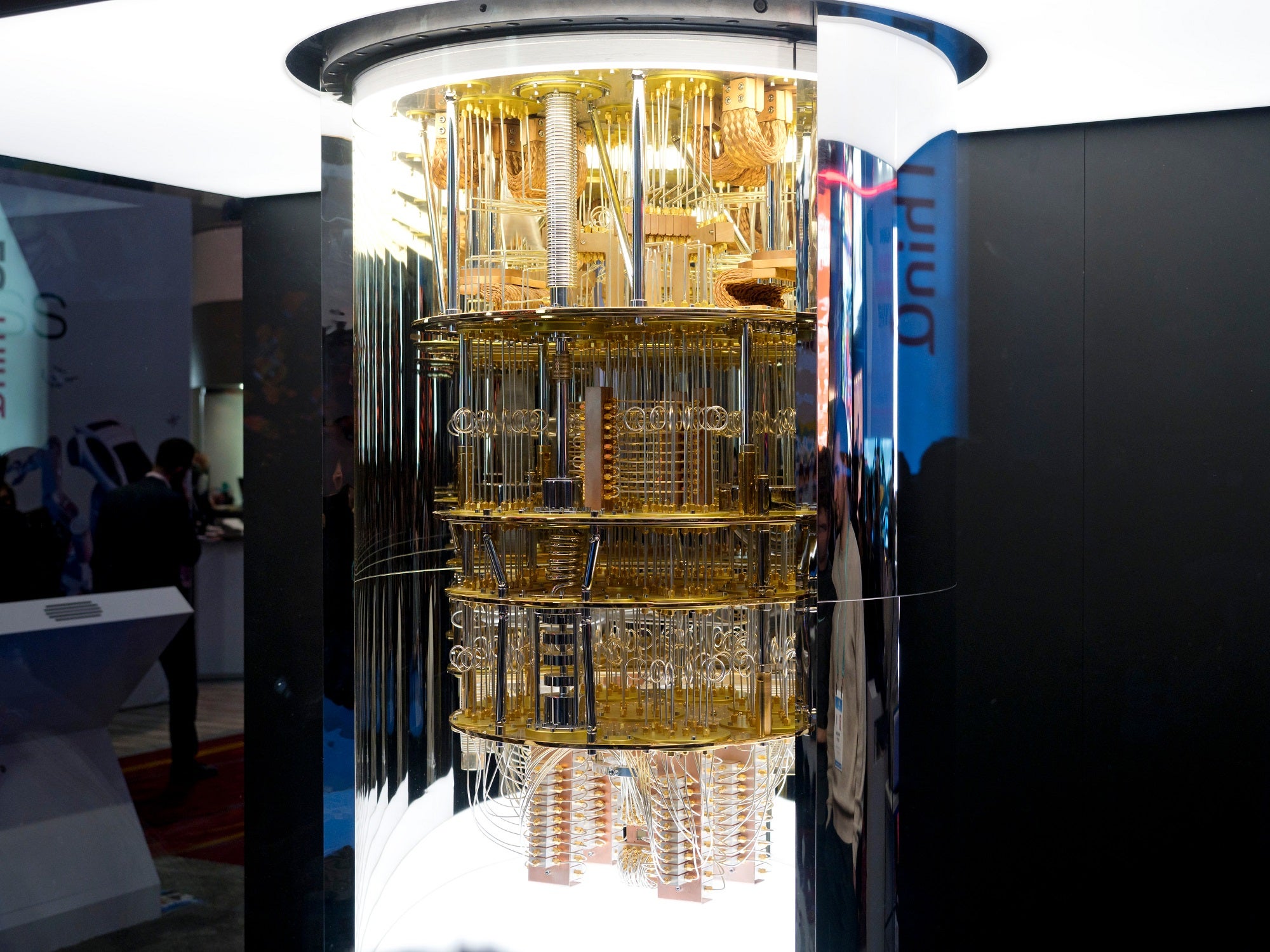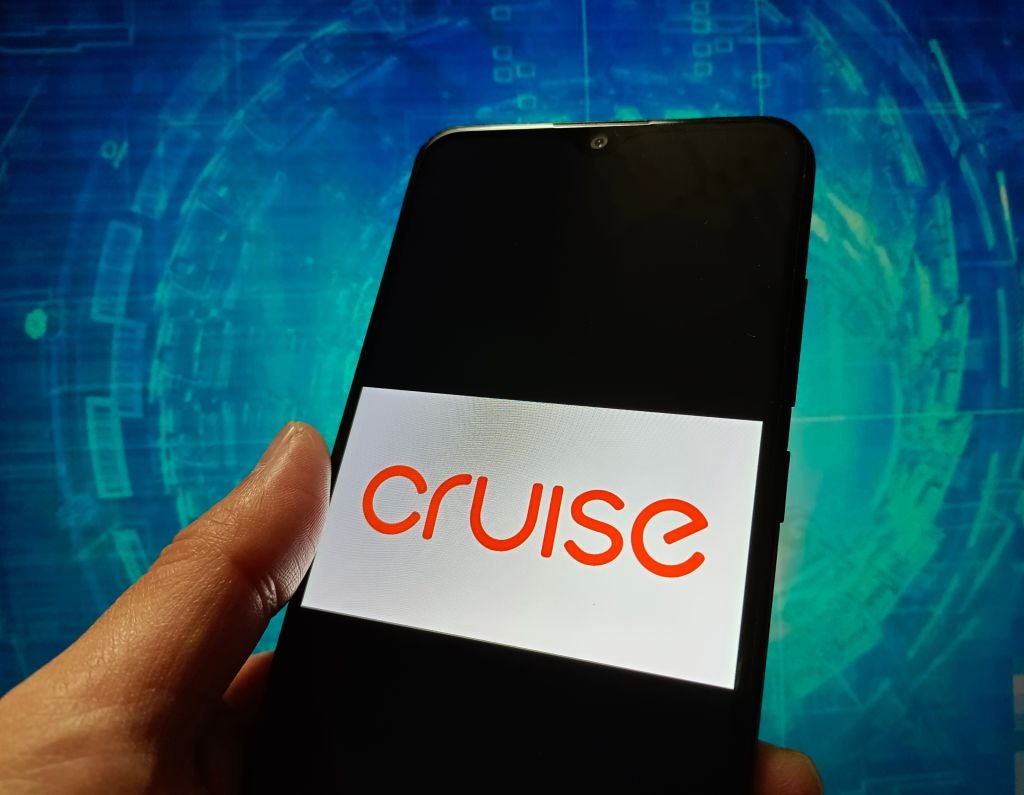
Technology giant IBM has launched a $100m initiative to develop a quantum-centric supercomputer that will be powered by 100,000 qubits.
In a ten-year alliance, which was announced at the G7 Summit in Japan, IBM will work with the University of Tokyo and the University of Chicago.
According to IBM, a system with 100,000 qubits would establish a base for solving the world’s most critical problems.
Over the next decade, IBM will work to enhance the underlying technologies for this system and develop and build the required components at scale.
By the end of this year, IBM plans to launch three key components for quantum-centric supercomputers.
These include a redesigned 133-qubit processor called ‘IBM Heron’, the IBM Quantum System Two, which will combine multiple processors into a single system, and middleware for quantum to provide tools for workload execution on classical and quantum processors.
How well do you really know your competitors?
Access the most comprehensive Company Profiles on the market, powered by GlobalData. Save hours of research. Gain competitive edge.

Thank you!
Your download email will arrive shortly
Not ready to buy yet? Download a free sample
We are confident about the unique quality of our Company Profiles. However, we want you to make the most beneficial decision for your business, so we offer a free sample that you can download by submitting the below form
By GlobalDataIBM fellow and vice president of IBM Quantum, Jay Gambetta said: “Ultimately this will enable us to tackle some of the most challenging problems we face as a global society.”
Separately, the University of Chicago announced a similar partnership with Google and the University of Tokyo, with Google investing up to $50m over the next decade.
Google Quantum AI vice president Hartmut Neven said: “Building a quantum computer is an ambitious undertaking that requires partnership. We look forward to working with the University of Chicago and the University of Tokyo to advance the field.”
The alliance with Google will focus on the development of a fault-tolerant quantum computer and assist in preparing the next generation of quantum workers.
University of Chicago president Paul Alivisatos said: “Quantum information science and technology is at a crossroads, where foundational discovery and technical innovation will combine to create real breakthroughs. The University of Chicago is thrilled to partner in this endeavour.”
University of Tokyo president Teruo Fujii said: “We expect our partnership will lead to scientific breakthroughs, acceleration of the adoption of quantum computing for the coming era, and active engagement into the critical societal challenges of humanity.”







